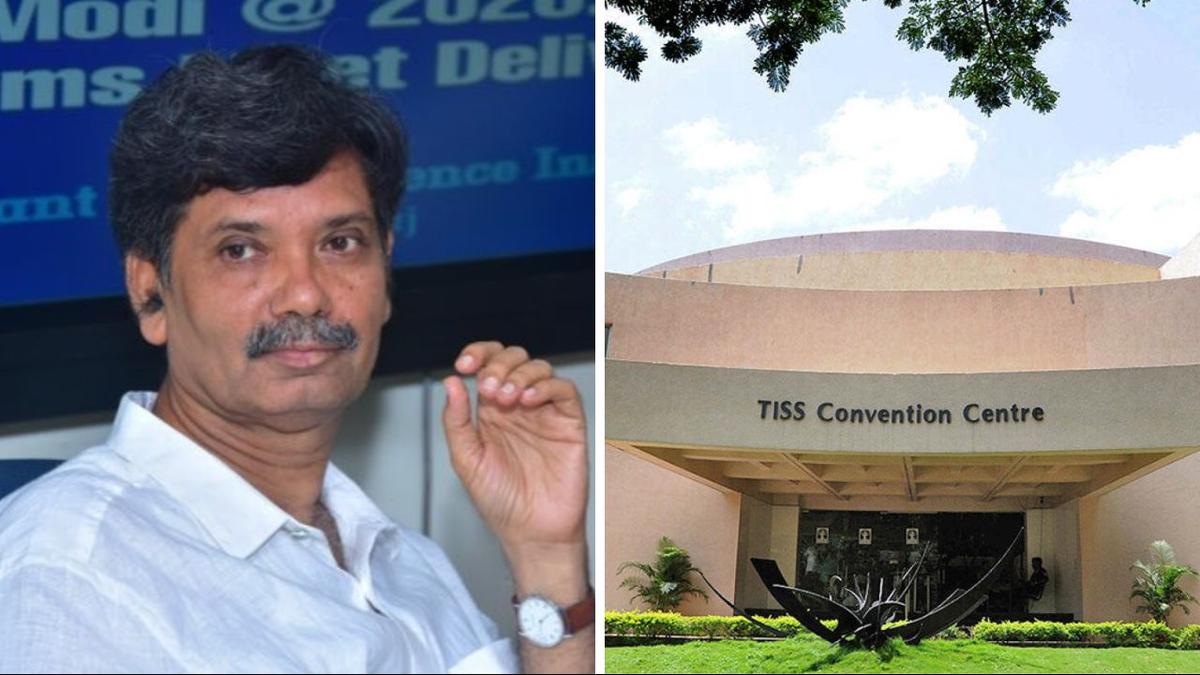Now Reading: Badri Narayan Tiwari Named New Vice-Chancellor of TISS
-
01
Badri Narayan Tiwari Named New Vice-Chancellor of TISS
Badri Narayan Tiwari Named New Vice-Chancellor of TISS

Quick Summary
- Professor Badri Narayan Tiwari has been officially appointed as the Vice-Chancellor (V-C) of Tata Institute of Social Sciences (TISS) by the Union Ministry of Education (MoE).
- His appointment follows two years during which the V-C position at TISS was vacant after Shalini Bharat retired in 2023.
- Over 120 applications were received for the role, and 10 candidates were shortlisted before Professor Tiwari’s selection.
- This marks the first V-C appointment under new MoE regulations. As per UGC guidelines, V-Cs for deemed universities receiving over 50% government funding are now appointed by the Centre.
- Professor Tiwari previously served as Director of Govind Ballabh Pant Social Science Institute in Prayagraj and was relieved from his position after his selection as TISS V-C.
- He holds advanced degrees in Modern History from Allahabad University and has held prestigious academic fellowships at Cambridge University (U.K.) and as a Senior Fulbright Fellow.
- His scholarly work focuses on socio-political issues, with notable books discussing Dalit mobilization, Hindutva politics, and social activism.
Indian Opinion Analysis
The appointment of professor Badri Narayan Tiwari to lead Tata Institute of Social Sciences carries considerable significance for both academic governance and policy implementation in India. First, this mirrors a larger shift wherein key educational institutions funded considerably by the government are increasingly centralized under purview of state-led administrative frameworks. While centralizing appointments may streamline decision-making processes, such actions also bring focus on preserving institutional autonomy-an area likely debated among academic circles.
Professor Tiwari’s extensive academic credentials and research contributions appear well-suited to guide an institution like TISS known for its focus on social justice-oriented education. His scholarship on marginalized communities aligns with core values promoted by TISS throughout its history.The long vacancy preceding this announcement highlights potential inefficiencies within bureaucratic systems handling leadership transitions-a lesson relevant not only to education but broader administrative practices across critical institutions funded by public money.
As India progresses toward positioning itself globally within higher education frameworks, leaders who embody both intellectual depth and organizational capability will be key assets-a role Prof. Tiwari seems equipped to fulfill based on available information.
Read more: [Source link or publication details]
























